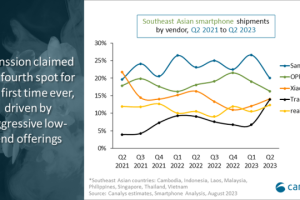Genetically modified foods are a result of recombinant DNA technology or genetic engineering. It is seen as a potential tool for enhancing food quality and crop yield in the field of food and agriculture. The primary motive of genetic modification is to increase yield and increase resistance to a pest. But despite their seemingly wonderful characteristics, it is believed that several disadvantages may result from the process of genetic engineering. Let’s take a look at what impact it can have on human beings.
Allergic Reaction
An allergic reaction is the number one most common side effect of consuming GM foods in humans. It occurs when a certain protein/allergen present in the GM crop enters the body and stimulates an immune response. Genetically modified foods are created by inserting foreign genes into an organism which may carry along with them specific allergens that trigger such immune response.
Production of Toxins
A GM food may also increase its production of toxins, produced when there is a damage in the “Gene of Interest” during the insertion process, at levels already harmful to humans. The inserted gene interferes with the metabolic pathway of the recipient organism. This increases the possibility of ingesting the toxin and being harmed.
Reduced Nutritional Value
Contrary to popular belief, some genetically modified foods have been reported to be void of nutritional value. The nutritional value of some crops is sometimes being compromised in a bid to increase their production, prolonging their lifespan and ability to deter pest. As per a study published in the journal Food Chemistry, organic soybeans are far higher in nutritional components like healthy sugar, proteins, selenium, and zinc, as compared to genetically modified soybeans.
Thus, every food carries along its associated health benefits and risks. Upon knowing all the mentioned disadvantages of genetically modified foods and crops, the decision is all up to you.




























